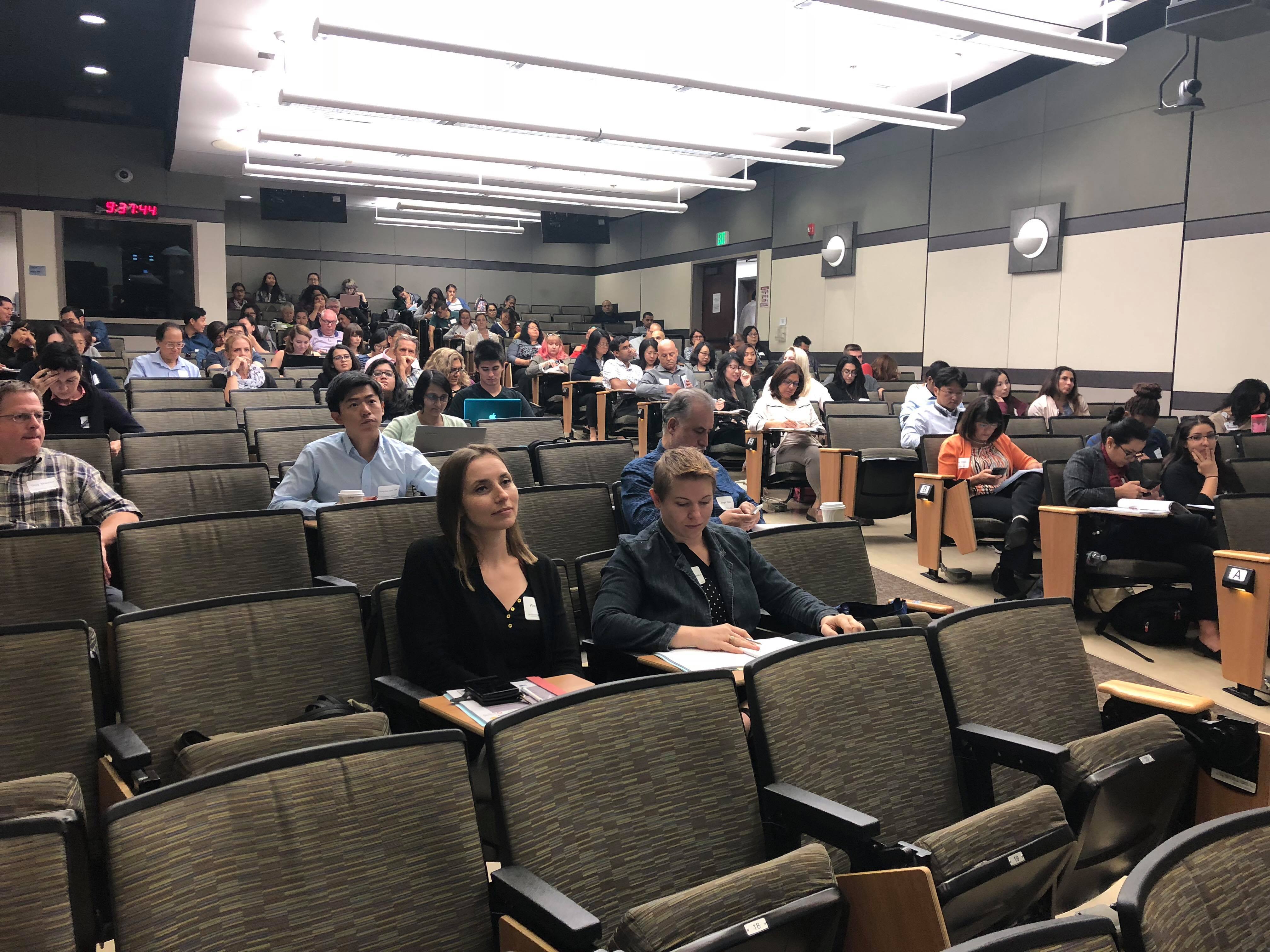Pharmacovigilance and Safety Reporting are Topics at Recent Regulatory Science Boot Camp
Lecturers examined the FDA's regulatory requirements for the monitoring, detection, assessment, and safety reporting of adverse effects of drugs, devices, and other medical products.
Understanding adverse medical events from drugs and medical products—both in the clinical research environment as well as the public marketplace—is at the heart of regulatory science and vital in assessing the risk-benefit profile of a therapeutic. To accurately assess the risk of potential harms, the FDA and other regulatory agencies have developed a broad set of regulations and procedures that govern how researchers and the biomedical industry must gather, analyze, and report adverse events.

Presenters at the most recent Regulatory Science Boot Camp seminar focused on the relevant FDA requirements in pharmacovigilance and safety reporting.
Adverse medical events can span the spectrum from mild transient reactions, to hospitalization, disability, congenital problems, and death. The tracking and reporting requirements for adverse events are designed to collect accurate, comprehensive, and timely information so that patients are protected from undue harm, explained boot camp organizer Eunjoo Pacifici, PharmD, PhD.
The Regulatory Science Boot Camps are an ongoing series of day-long seminars co-sponsored by the USC International Center for Regulatory Science and the Southern California Clinical and Translational Science Institute (SC CTSI), and the Greater Los Angeles CTSA Consortium.
A few of the topics covered by lecturers at the recent boot camp included:
- Terminology and definitions of the various types and degrees of severity of adverse medical events and suspected events.
- Reporting procedures of safety and adverse event data, both pre- and post-marketing.
- Determining drug relationship/causality of adverse effects.
- Safety reporting in investigator-initiated trials (IIT).
- Safety reporting from other sources, such as animal or in-vitro testing, reports from scientific literature, foreign regulatory authorities and marketing, and more.
- Pharmacovigilance in clinical trials of drugs and devices, and collection of adverse event data.
- Adverse event labeling.
Presenters included:
- Nancy Smerkanich, DRSc is currently an Assistant Professor in the Department of Regulatory and Quality Science and a Consultant with the International Center for Regulatory Science, School of Pharmacy at the University of Southern California (USC).
- Julie Hoegi, M.D., is a pharmacovigilance physician with 19 years of pharmaceutical industry experience in clinical research and clinical/postmarket safety.
- Nonna Snider, BS/BA, is the Assistant Director for Clinical Research Operations at the Clinical Investigations Support Office (CISO) at USC Norris Comprehensive Cancer Center.
The boot camps are not just for those whose work or study is focused on regulatory science. "Biomedical researchers and professionals across a broad spectrum of disciplines may need to develop a working knowledge of regulatory science," said Pacifici. "In one day, each boot camp provides both a useful overview of specific topics within regulatory science, as well as the latest trends and changes in the field."
The seminars have proven to be popular and well-attended since their start in 2015, with more than 100 regulatory science professionals and students attending the latest session. Many are repeat-attendees, said boot camp organizers, and contribute to the quality of the lectures through sophisticated questions and about real-world issues of regulatory science.
In follow-up questionnaires, most attendees of the recent session ranked the content presented as extremely relevant to their work and studies. Several attendees also said they welcomed the opportunity to network with others in the field, and all said they would attend future regulatory boot camps.
Boot camp organizers bring in experts to present important and timely topics in regulatory science and research, exploring federal, state, and institutional rules and regulations. Lecturers have experience in the USC and Southern California research community, the drug development industry, and federal and international regulatory agencies.
To attend future boot camps, check the SC CTSI Events & Deadlines page, or sign-up for boot camp updates by clicking here.



